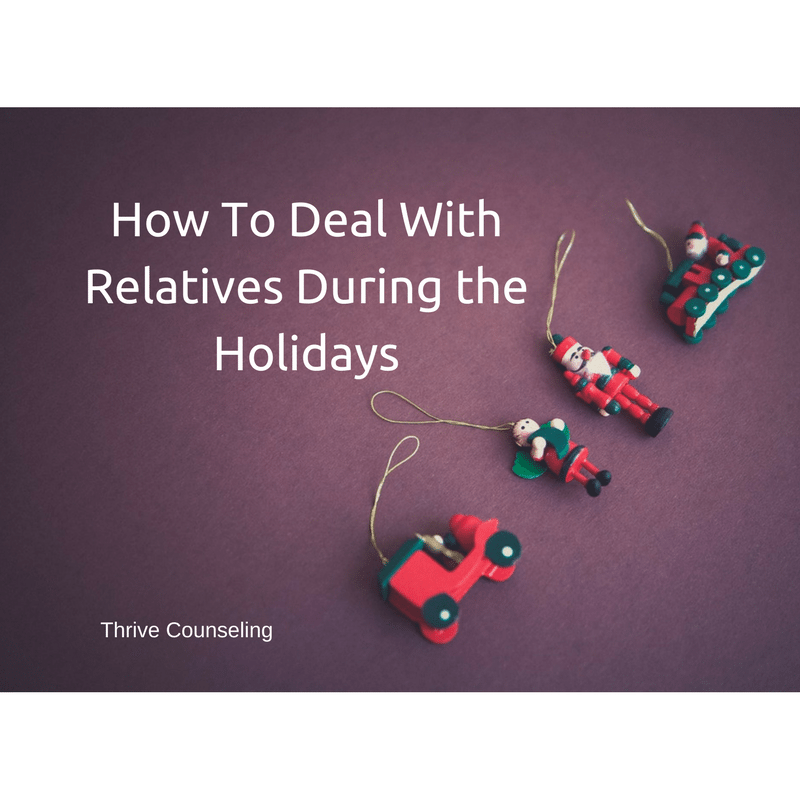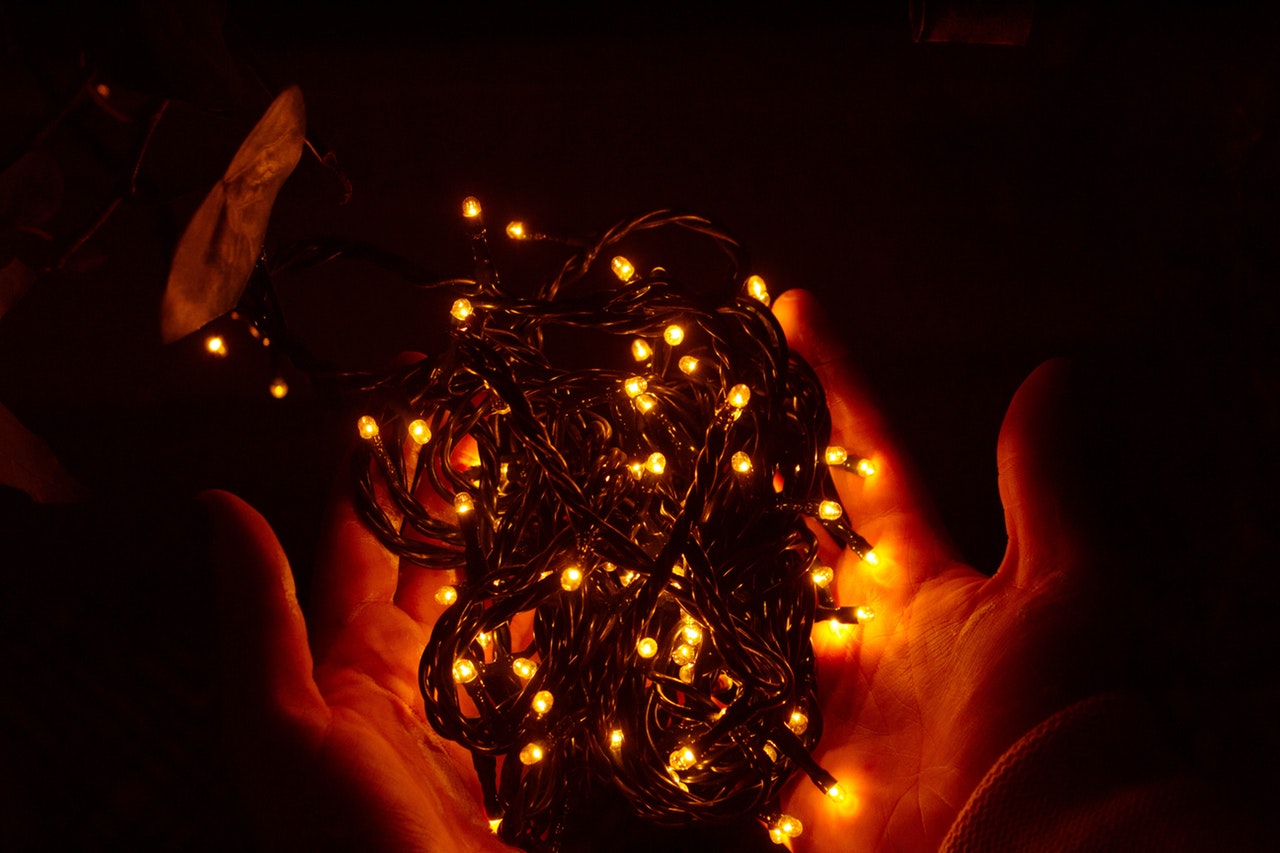
Where Can You Get Therapy for Depression?
When you break a leg, you see an orthopedist. When you have a cavity, you see the dentist. These are all standard actions for standard issues, but unfortunately the same can’t always be said when it comes to mental health. Mental health issues are also known as “silent killers” because a large percentage of those who suffer from common mental health issues such as depression never get the help they need. If you’re ready to finally move your life forward and help get yourself on the path out of depression, you will need professional help for the best outcome. For most this is in the form of therapy. If you’re finally ready to seek a therapist to help you with depression, you need to know where to start, but let’s help you on that end. So, Where Can You Get Therapy for Depression? Hospital If you live in a small town, you may not have the therapy resources that larger cities do, but if you have a hospital, you should be able to find help. It’s difficult to make that first move but if you’re having trouble finding therapy for your depression, take that step and call your local hospital for therapy and depression resources. Psychologist/Psychiatrist Office Not all psychologists and psychiatry offices are created equally. You want to find a therapist who specializes in depression. Not all therapy is good therapy either so take your time, look up reviews and ratings, and talk to any prospective doctors or therapists before setting up any sessions. Therapists/Counselors A therapist doesn’t have to have a Ph.D. to be able to help you, so keep your options open. There are many independent therapy and counseling offices across the country that can provide help without having an MD or Ph.D. attached to their last name. In/Out Patient Mental Health Facility We get it, it can be difficult to swallow your pride and call a mental health facility, but they are there to help you and those like you. A mental health facility can help get you set up with therapy and can make other recommendations to help you get better. Therapy for depression is out there and available, but its’ up to you to get started. Use the list above to find depression and therapy resources, and start getting the help you not only need but deserve, today.











